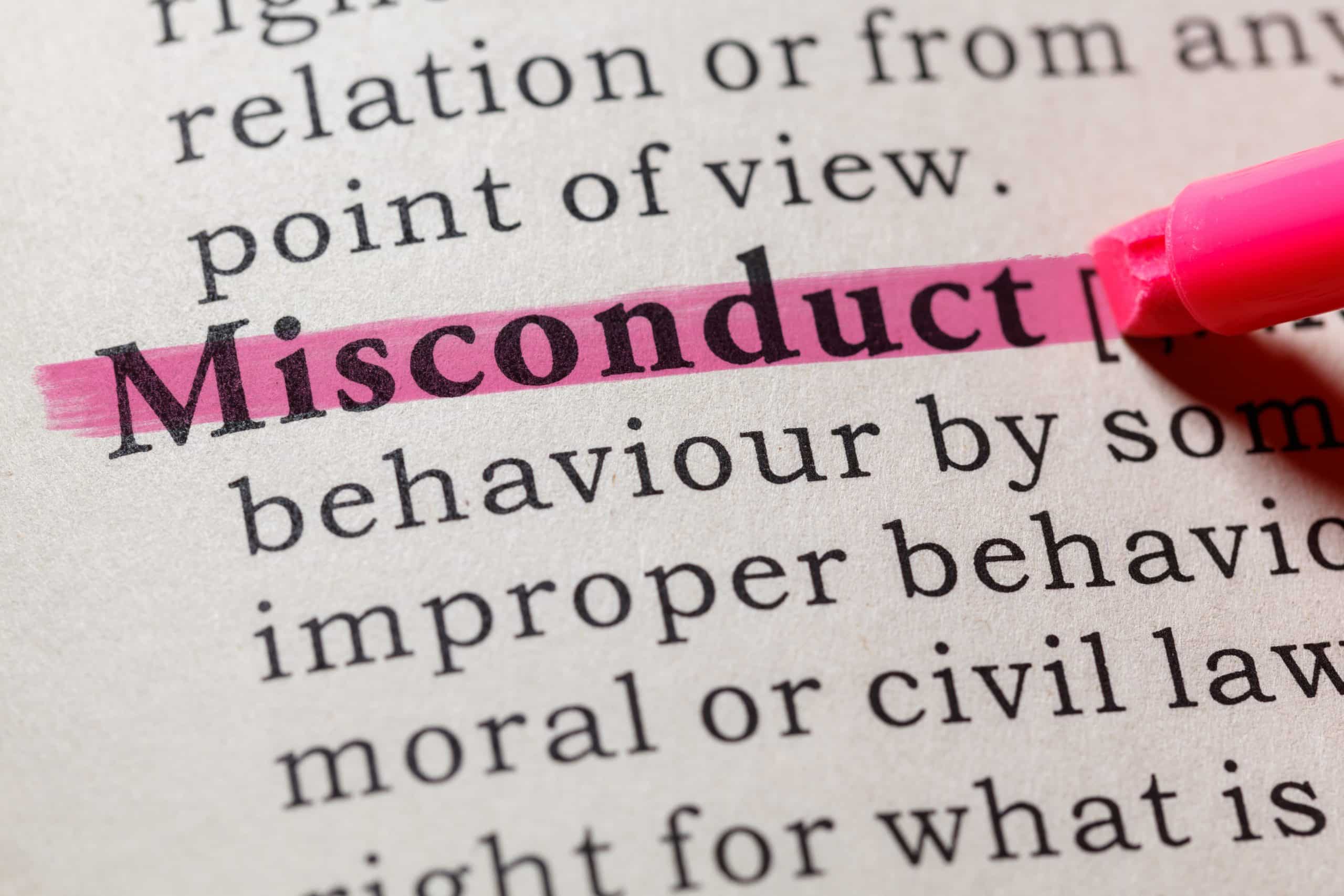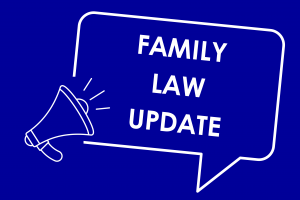The breakdown of a marriage is hard and made even more difficult if you are dealing with poor behaviour from your spouse. The Matrimonial Causes Act 1973 requires the court to consider: ‘the conduct of each of the parties, if that conduct is such that it would be inequitable to disregard it’. However, there is no definition of conduct.
In this article, we look at the different types of misconduct and previous cases which help to clarify what view the court may take.
In the case of OG v AG, Justice Mostyn noted that conduct usually arises in four scenarios:
1. Gross and obvious personal misconduct
One of the key cases when looking at this type of conduct is Jones v Jones 1976. In this case, the husband attacked the wife with a razor causing her permanent disabilities and she was therefore unable to work. As the husband’s actions had directly impacted the wife’s earning capacity, the court took his conduct into consideration when determining the financial settlement.
In the more recent case of DP v EP 2023 the Judge found that the wife had been financially abusive towards the husband which had a direct financial effect upon him.
2. Reckless dissipation
Also known as the ‘add-back principle, this type of misconduct refers to scenarios where a person is recklessly spending matrimonial assets. If it is found that a spouse has deliberately tried to reduce the matrimonial capital available, the court have the power to ‘add-back’ those funds into the matrimonial pot.
The key is whether or not the spending has been wanton and reckless. Splashing out on designer goods and holidays may not be deemed deliberate, especially if that behaviour was commonplace within the marriage.
3. Litigation conduct
If a person is ignoring the directions of the court, failing to negotiate, refusing to disclose or misrepresenting assets, they may find themselves penalised by the court. Litigation conduct can also be found in cases where a person has made applications that are bound to fail.
Rather than adjusting the financial settlement as a whole, the court usually make costs orders, obligating the badly behaved party to meet the other person’s costs in dealing with the misconduct.
4. The evidential technique
Within court proceedings, each person is obligated to provide full, frank and clear disclosure to the court and other party. If you do not comply with this obligation, the court can make findings about the existence of assets. As an example, the court can determine that a person has an interest in a property which is then included within the determination of the financial settlement.
So what are the key points?
If you are concerned about the way your spouse has behaved, think about whether that behaviour will impact you financially or disrupt the ongoing proceedings. It is always advisable to seek the guidance of a solicitor if you have questions about conduct as there are certain procedures to be followed if you wish to raise this with the court.
Our team at EJ Coombs are well versed in dealing with issues of conduct so get in touch with us today to book a fixed-fee initial appointment.




